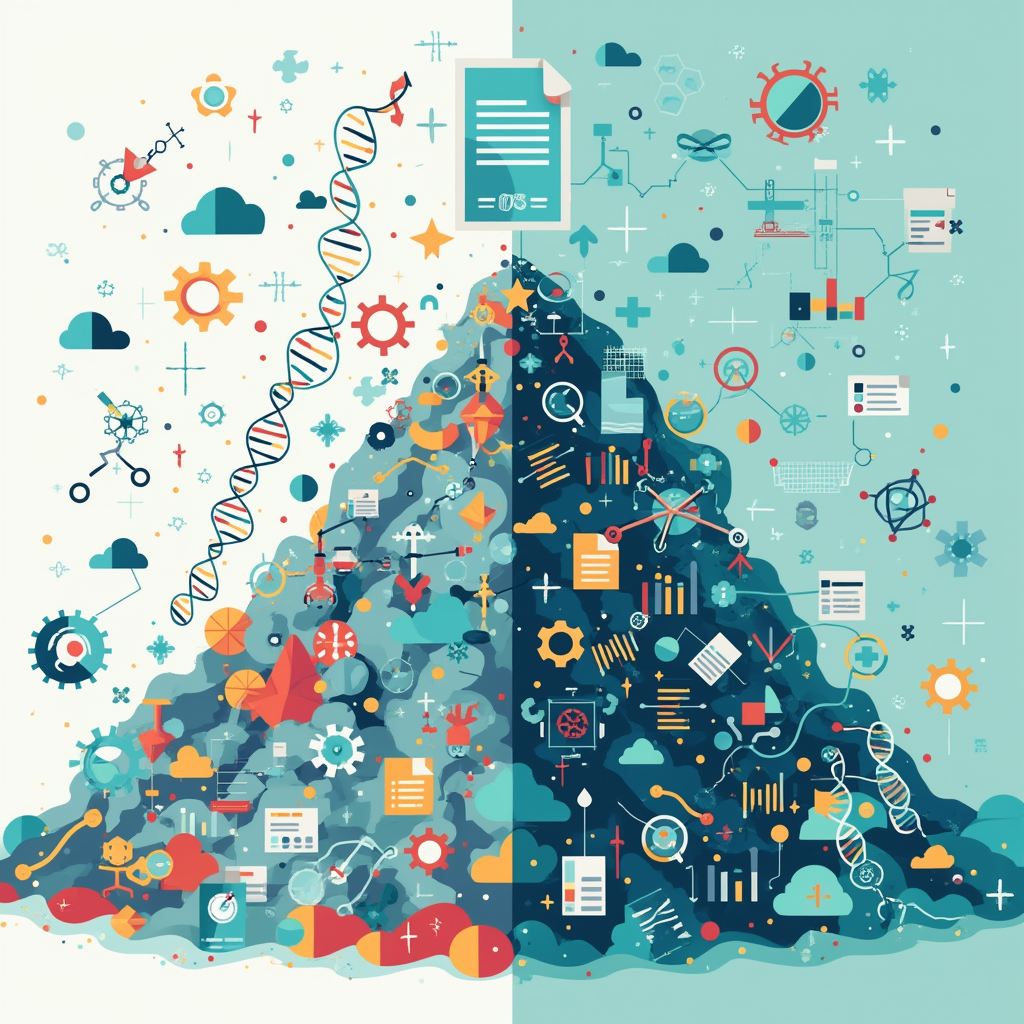Ever tried sharing a massive scientific dataset and felt like you were wrestling an elephant into a carry-on? 🐘💾 Welcome to the complex world of "heavy" scientific data management—where our data generation far outpaces our sharing capabilities.

The Big Data Dilemma in Scientific Research
From molecular dynamics to genomics and advanced imaging, our research generates astronomical volumes of data. Yet, our infrastructure for efficient storage and transmission remains frustratingly limited. While entertainment industries have revolutionized audio and video compression, scientific domains lag behind in developing comparable solutions.
Consider the stark reality: a single genomic sequencing project can easily produce terabytes of data. Traditional file-sharing methods become bottlenecks, hampering collaborative research, slowing scientific discovery, and creating unnecessary friction in knowledge exchange. I have now seen projects being rejected for access to supercomputers because the data transfer they required was not implementable. The technical challenges are formidable—scientific datasets aren't just large, they're complex, nuanced, and often require preservation of intricate structural details.
What could be Actionable Insights for the Scientific Community? Maybe we need a coordinated approach to tackle this challenge:
- Invest in specialized compression algorithms tailored to scientific data
- Develop standardized data sharing protocols
- Create interdisciplinary working groups focused on data optimization
- Advocate for funding specifically targeting data infrastructure improvements
The future of open, collaborative science depends on our ability to make big data more manageable. Are we ready to transform how we store, share, and collaborate?
The reason I write about this now is that I came across an interesting work combining AI and compression for molecular dynamics data saving up to 98% in disk space! Have a read yourself.